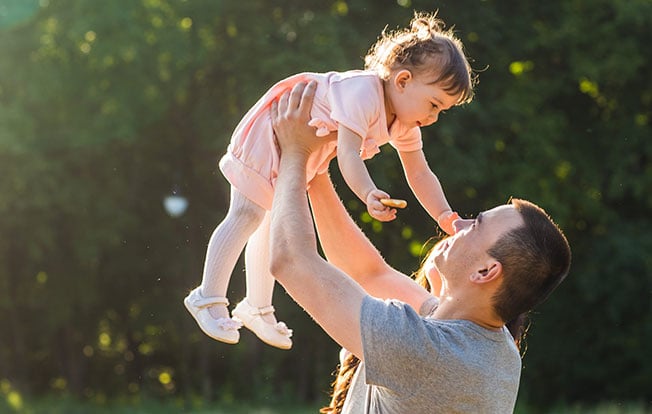Navigating the delicate process of divorce can be emotionally challenging for all parties involved, especially the children. As a parent, it’s natural to worry about your kids’ mental well-being if you’re pursuing a divorce.
Thankfully, you can potentially protect your children’s mental wellness more effectively by opting for a collaborative divorce over a traditional divorce. If you haven’t decided on the approach you want to take with the divorce, exploring the impact of collaborative divorce on the mental well-being of children can help you make an informed decision.
What sets collaborative divorce apart?
Collaborative divorce is a unique approach that emphasizes cooperation and open communication between spouses. Unlike traditional divorce proceedings, where litigation may escalate tensions, collaborative divorce involves a team of professionals working together to find amicable solutions.
The inclusion of mental health professionals, such as therapists or child psychologists, is a hallmark of collaborative divorce. These professionals focus on addressing the emotional needs of both parents and children throughout the process. The involvement of mental health practitioners can help to ensure that children receive the emotional support they require during this challenging time.
How collaborative divorce safeguards children’s mental health
One of the key benefits of a collaborative divorce is its ability to minimize conflict. By fostering a cooperative environment, children may be better shielded from the emotional turmoil that often accompanies traditional divorces. Collaborative divorce also places a strong emphasis on child-centric decision-making. Parents collaborate to create parenting plans that consider their children’s unique needs and preferences, fostering a sense of stability.
Collaborative divorce stands as a powerful alternative for couples seeking to end their marriage amicably, with a particular focus on safeguarding their children’s mental well-being. By prioritizing cooperation, communication and the inclusion of and mental health professionals, collaborative divorce offers a potentially compassionate and constructive way to navigate the complexities of separation.

